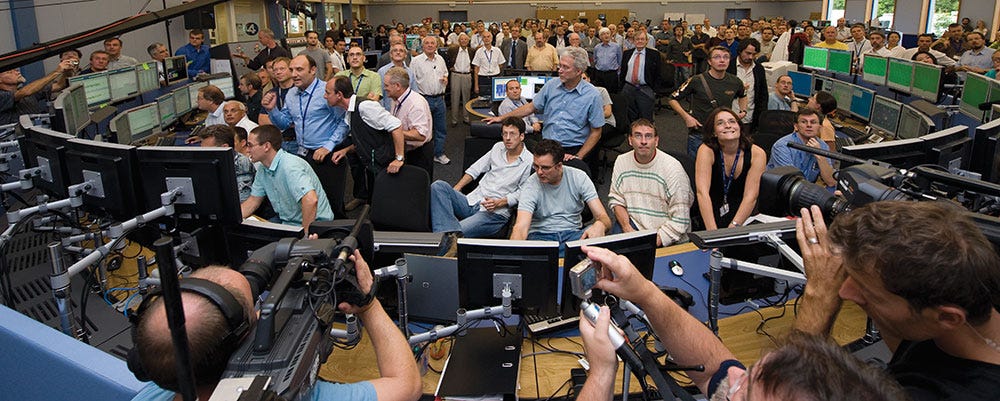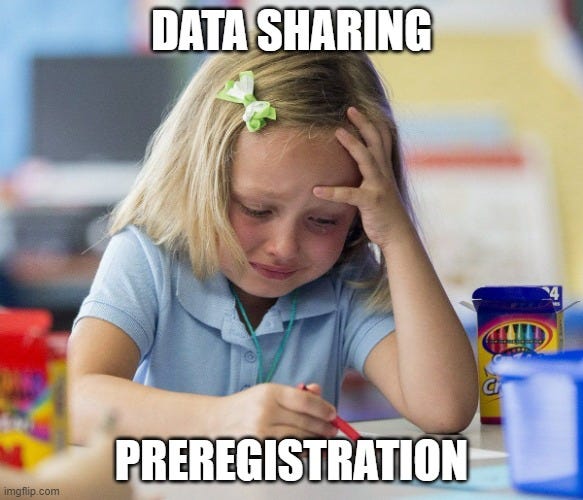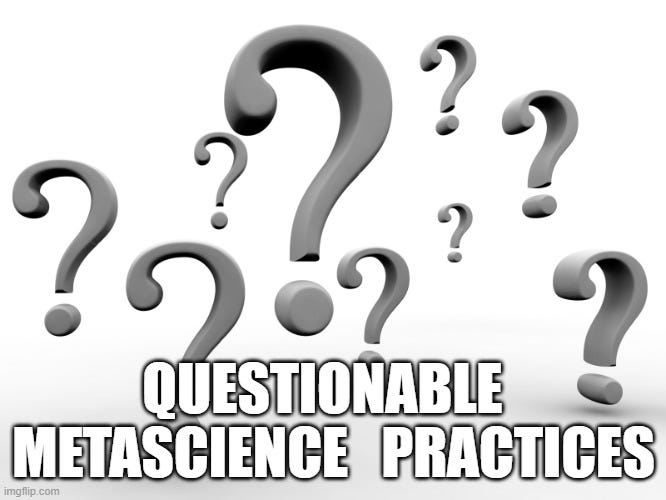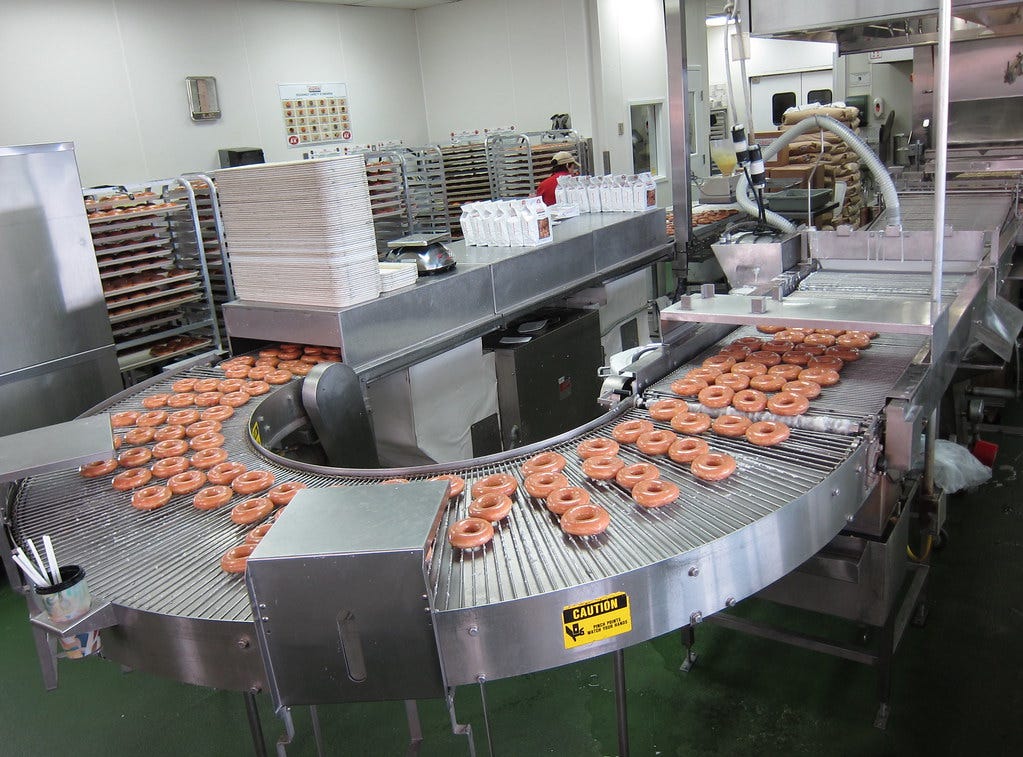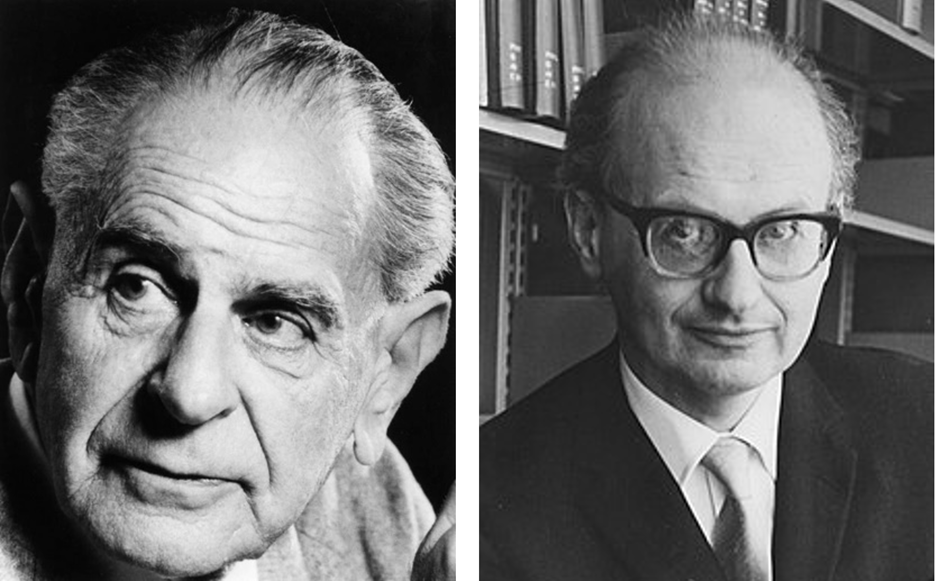
Abstract Popper’s (1983, 2002) philosophy of science has enjoyed something of a renaissance in the wake of the replication crisis, offering a philosophical basis for the ensuing science reform movement. However, adherence to Popper’s approach may also be at least partly responsible for the sense of “crisis” that has developed following multiple unexpected replication failures.
